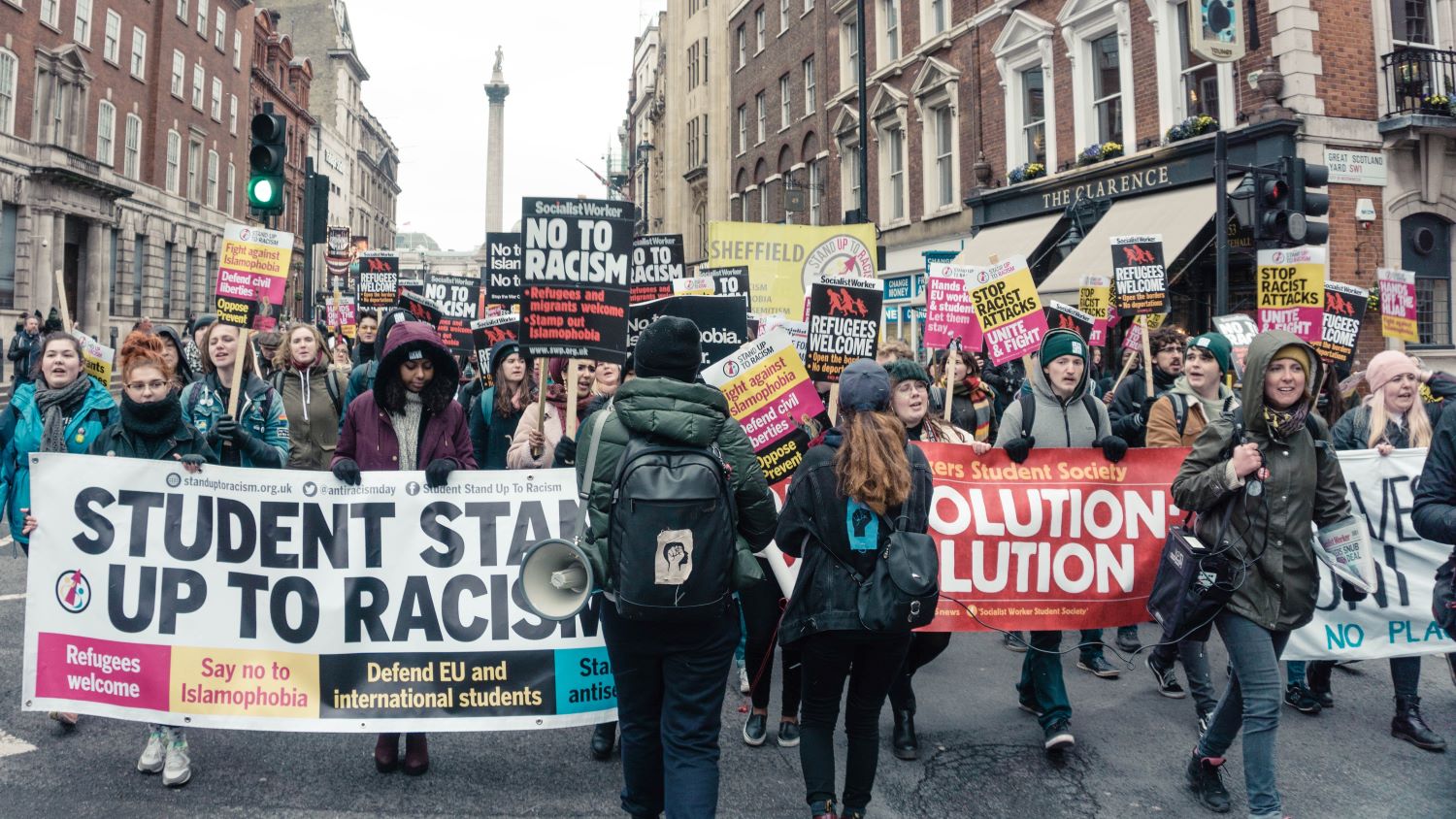With demonstrations against racial injustice stretching into their third week, Christians are grappling with how to respond. Two courses from BibleMesh can help Christian leaders understand the American church’s historical connection to racism and the Bible’s antidote to racial injustice: The Color of Compromise featuring African American historian Jemar Tisby and Racial Harmony and the Glory of God featuring Minneapolis pastor John Piper.
Amplifying the challenge, the COVID-19 pandemic has inhibited Christians from gathering to discuss a biblical response to racial tension. Conferences, classes, and annual meetings have been canceled. Yet pastors remain responsible to address the issue of race with their flocks.
Late civil rights leader Martin Luther King Jr. underscored that reality repeatedly. In his “Letter from Birmingham City Jail,” King called pastors to speak against segregation and commended prophetic clergymen on the topic as “spiritual salt that has preserved the true meaning of the gospel in these troubled times.”[1] The night before he was assassinated, King asked, “Who is it that is supposed to articulate the longing and aspirations of the people more than the preacher? Somehow the preacher must be an Amos, and say, ‘Let justice roll down like waters and righteousness like a mighty stream.’”[2]
When pastors have addressed the issues of racial justice and discrimination, it has made a difference. Historian Charles Marsh noted that a preacher, not a politician, convinced his father—a Southern Baptist pastor—to repudiate segregation in the era of Jim Crow:
Billy Graham, to whom my father attributed his own salvation—certainly much more than Bobby Kennedy or Lyndon Johnson—stirred his uneasy conscience into a willingness to change, if not to see change as God-ordained. “The ground at the foot of the cross is level,” Graham said. “It touches my heart when I see whites stand shoulder to shoulder with blacks at the foot of the cross.”[3]
The Color of Compromise surveys American Christianity’s racial past, revealing ways people of faith have worked against racial justice. The course, produced with Zondervan Academic, provides an in-depth diagnosis for the racially divided American church and suggests ways to foster a righteous environment among God’s people. Racial Harmony and the Glory of God shows that God has created ethnic diversity for his own glory. This course from Bethlehem College and Seminary asserts that racial discrimination and injustice are always opposed to God’s designs.
For more information, visit https://courses.biblemesh.com/zondervan-academic-courses/za-the-color-of-compromise and https://courses.biblemesh.com/bethlehem/racial-harmony-glory-of-god.
[1] Martin Luther King Jr., “Letter from Birmingham City Jail,” in A Testament of Hope: The Essential Writings and Speeches of Martin Luther King, Jr., ed. James M. Washington (San Francisco: HarperCollins, 1986), 300.
[2] Martin Luther King Jr., “I See the Promised Land,” in A Testament of Hope, 282.
[3] Charles Marsh, The Last Days: A Son’s Story of Sin and Segregation at the Dawn of a New South (New York: Basic Books, 2001), 255.
